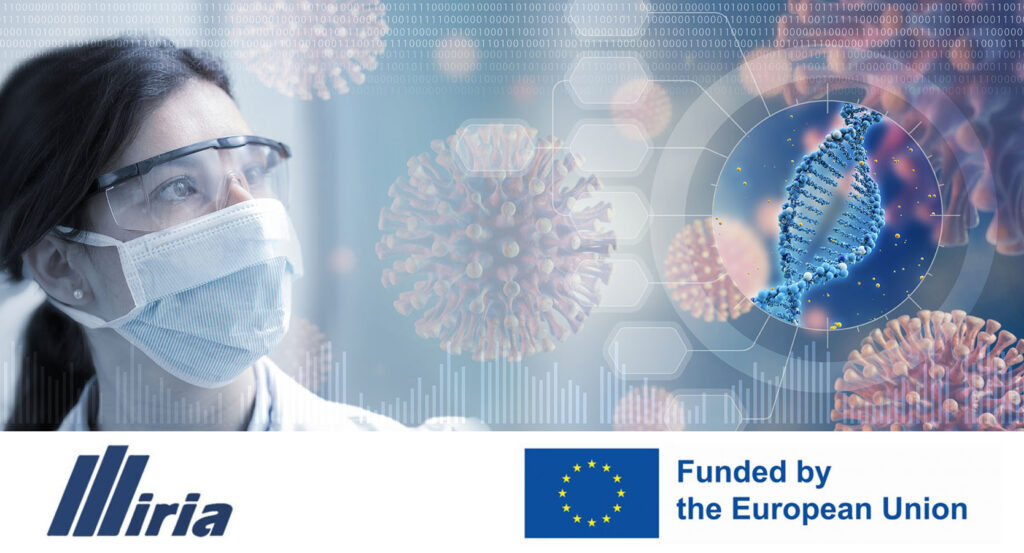Antimicrobial, antiviral and antifungal nanocoatings for everyday surfaces!
The EU MIRIA project aims to develop far-reaching antimicrobial nanocoatings for use in hospitals, airports, train stations, tourist facilities….
Since the end of 2019, the spread of COVID has deeply changed our lifestyle, resulting in historical events and decisions, such as the EU block of non-essential travel among countries, affecting the whole EU society economically and psychologically. However, as reported in the HERA target priorities, the persistence of the emergency status requires daily actions that tackle the spread of COVID.
In this economical, societal and clinical context, the project MIRIA aims to develop wide-range-antimicrobial nanocoatings to be used in hospitals and other environments where cross-contamination and contagion risk are significant issues.
In the wake of the covid outbreak, there has been large concern about infection spread of pathogens (i.e., bacteria, fungi, virus, and specifically SARS-CoV-2) via high traffic surfaces (i.e., medical equipment). State of the art and commercial products coating solutions that both target a range of mixed pathogens and different surfaces (e.g., glass, metal, textile) are unfortunately scant.
MIRIA solutions aim to fill this void, impacting on EU health, both directly (by creating public safe environments) and indirectly (by reducing COVID spreading and decreasing ill-related work absences and psychological pathologies). A reduction of the work absence of at least 5% with respect to the 2020 value (15M in EU) is expected.
MIRIA main challenging ambition is to develop nanocoatings with a 99.99% effectiveness against a wide range of pathogens, especially SARS-CoV-2. This will be based on a four pieces puzzle: the knowledge in anti-microbial materials, nanopowders, nanocoating and pilot plant conduction. The exploitation of MIRIA outputs deeply involves SMEs and the dissemination plan will follow a spill-over strategy in order to involve public and private stakeholders.
On October 10, at the premises of RINA Consulting in Lamezia Terme, the kick-off meeting will be held for the MIRIA project, which has received 5.9 million euros in funding from the European Commission under the Horizon Europe research framework program. On this occasion, the project will be presented to the press, local authorities and all those potentially interested in its results.
The ambitious goal of the MIRIA project is to create a safe public environment through surface treatments that are effective against a wide range of pathogens (particularly SARS-CoV-2) and can be applied to a variety of everyday objects, from door handles to hospital beds. The project involves 8 EU countries and 15 members, including universities, research centers and companies. The project is coordinated by RINA-CSM in Lamezia Terme.
